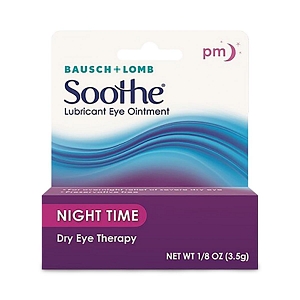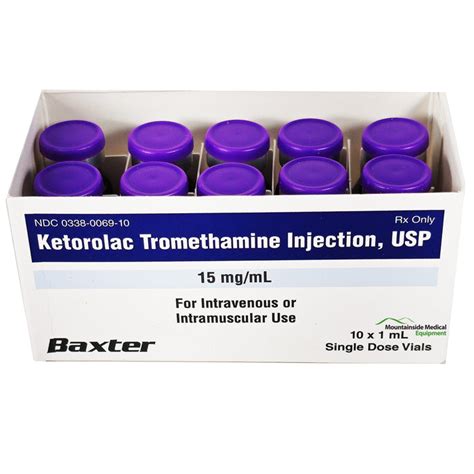Eye Ointment: Soothe Itchy Eyes Fast

Itchy eyes can be a frustrating and uncomfortable experience, often forcing us to rub them excessively, which in turn can lead to further irritation and potentially serious complications. When dealing with itchy eyes, it’s crucial to address the issue promptly and effectively to prevent any long-term damage and to alleviate the discomfort. One of the most common and efficient ways to soothe itchy eyes is by using an eye ointment. Eye ointments are designed to provide a protective barrier on the surface of the eye, helping to lock in moisture, reduce irritation, and in some cases, deliver medication directly to the eye to combat infection or inflammation.
Understanding Itchy Eyes
Before diving into the details of eye ointments, it’s essential to understand the underlying causes of itchy eyes. Itchy eyes can be caused by a variety of factors, including allergies, dry eye syndrome, infections (such as conjunctivitis), and irritants like dust, smoke, or chemical fumes. Each of these causes may require a different approach to treatment, but in many cases, an eye ointment can be a valuable part of the solution.
Types of Eye Ointments
There are several types of eye ointments available, each tailored to address specific issues related to itchy eyes.
Lubricating Ointments: These are designed to add moisture to the eyes, providing relief from dryness and irritation. They are particularly useful for individuals suffering from dry eye syndrome and can be used at bedtime to help keep the eyes moist throughout the night.
Antibiotic Ointments: If the itchiness is due to a bacterial infection, antibiotic ointments can be prescribed to treat the infection. These ointments contain antibiotics that target and eliminate the bacteria causing the infection.
Anti-allergic Ointments: For individuals with itchy eyes due to allergies, anti-allergic ointments can provide relief by reducing the allergic response. These may contain antihistamines or mast cell stabilizers to prevent the release of histamine, a chemical that causes allergic symptoms.
Steroid Ointments: In cases of severe inflammation, steroid ointments may be prescribed. However, due to the potential for side effects with long-term use, they are usually recommended for short-term use under the guidance of an eye care professional.
Choosing the Right Eye Ointment
Selecting the right eye ointment depends on the cause of the itchiness and the severity of the condition. It’s advisable to consult with an eye care professional or a doctor before using any eye ointment, especially if you’re unsure about the cause of your itchy eyes or if you have a pre-existing eye condition. They can provide a proper diagnosis and recommend the most appropriate treatment.
Applying Eye Ointment
The application of eye ointment is relatively straightforward but requires some technique to ensure it’s done correctly and safely.
- Wash Your Hands: Before applying any eye medication, make sure your hands are clean to prevent infection.
- Tilt Your Head: Look up and gently pull down your lower eyelid to create a pocket.
- Apply a Small Amount: Place a small amount of ointment into the pocket, about the size of a grain of rice.
- Gently Close Your Eyes: Once the ointment is in, gently close your eyes and roll them around to help spread the ointment evenly.
- Wipe Off Excess: If there’s any excess ointment on the outside of your eye, gently wipe it off with a clean tissue.
Precautions and Considerations
While eye ointments can be very effective, there are some precautions to keep in mind.
- Follow Instructions: Always follow the instructions provided by your healthcare provider or the ones on the label. Using too much ointment or applying it too frequently can lead to side effects.
- Interactions with Other Medications: Inform your healthcare provider about any other medications you’re using, as some may interact with the ingredients in the eye ointment.
- Pregnancy and Breastfeeding: If you’re pregnant or breastfeeding, consult your doctor before using any eye ointment to ensure it’s safe.
Conclusion
Eye ointments offer a convenient and often effective way to soothe itchy eyes, providing relief from discomfort and helping to treat underlying conditions. Whether you’re dealing with dryness, infection, or allergic reactions, there’s likely an eye ointment that can help. Always remember to consult with a healthcare professional to ensure you’re using the right ointment for your specific needs and to follow their guidance for application and dosage to maximize the benefits while minimizing the risks.
What are the common causes of itchy eyes?
+The common causes of itchy eyes include allergies, dry eye syndrome, infections like conjunctivitis, and exposure to irritants such as dust, smoke, or chemical fumes.
How do I apply eye ointment correctly?
+To apply eye ointment, start by washing your hands. Then, tilt your head back and gently pull down your lower eyelid to create a pocket. Place a small amount of ointment, about the size of a grain of rice, into this pocket. Close your eyes gently and roll them around to help spread the ointment. Finally, wipe off any excess ointment from the outside of your eye with a clean tissue.
Can I use eye ointment if I wear contact lenses?
+It’s generally recommended to remove your contact lenses before applying eye ointment, as the ointment can stick to the lens and cause irritation or blurred vision. However, always consult with your eye care professional for specific advice, as some ointments may be safe to use with certain types of contact lenses.


